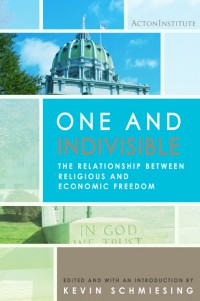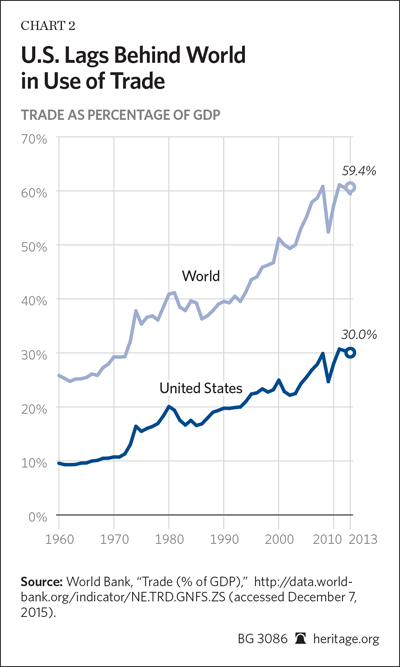July 14, 2016
Free eBook: ‘One and Indivisible’
From today until Sunday (July 14 – 17), the Acton Institute’s book One and Indivisible: The Relationship between Religious and Economic Freedom will be available to download for free. The book is a collection of essays, which is, according to editor Kevin Schmiesing, organized around the central theme: “What is the relationship between economic freedom and religious freedom?” Continue Reading...

